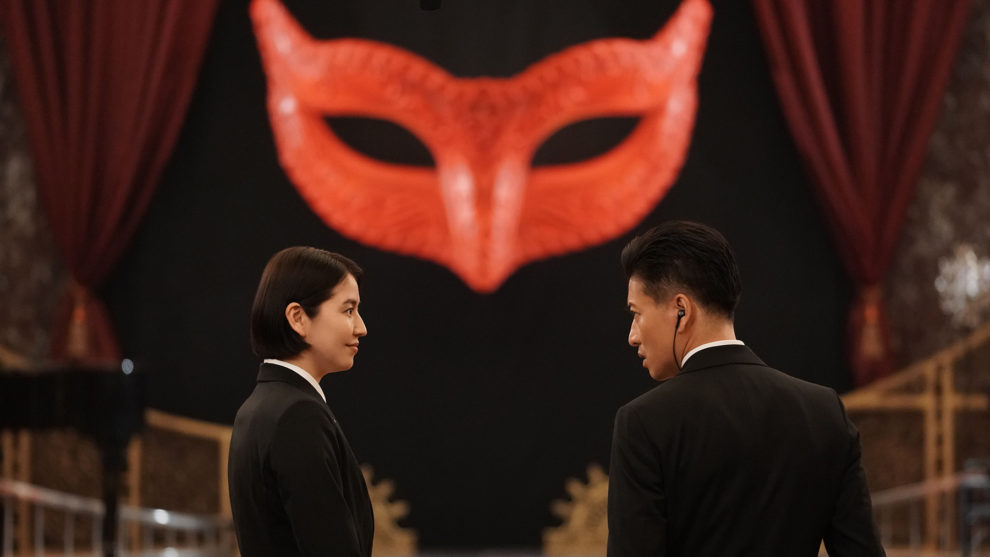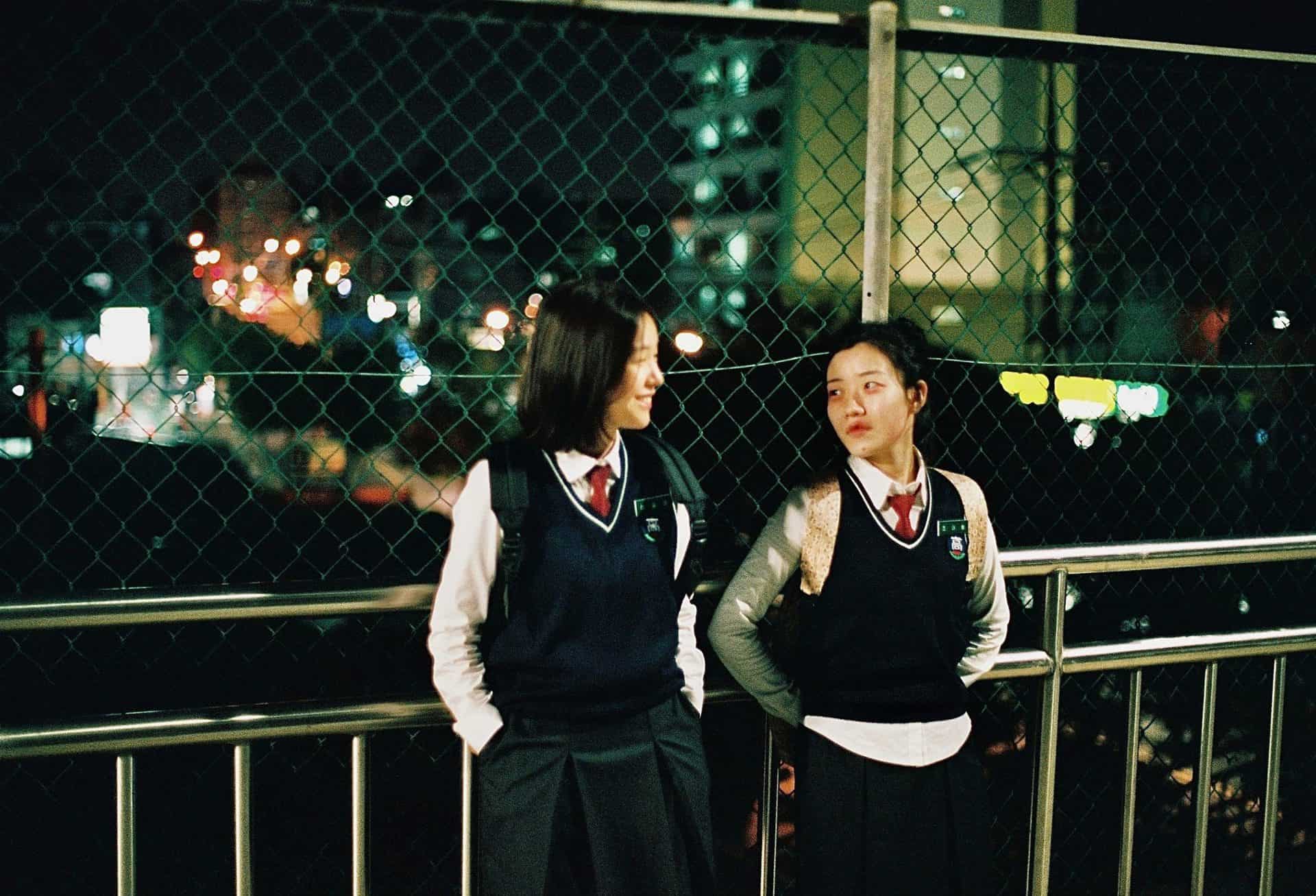Just like “Masquerade Hotel”, its prequel, “Masquerade Night” is based on a Keigo Higashino novel and brings together hotelier Naomi Yamagishi and undercover Detective Kosuke Nitta at Hotel Cortesia Tokyo, in an effort to catch a killer.
“Masquerade Night” is screening at Toronto Japanese Film Festival

This time, the case begins with an anonymous letter delivered to the Tokyo Metropolitan Police Department, stating that the criminal of a murder case will appear at the countdown party Masquerade Night that will be held at Hotel Cortesia Tokyo. This brings NItta once again working undercover with Yamagishi, with their respective goals, of catching the criminal and meeting all demands of the guests of the hotel, clashing once more, almost constantly. The fact that the hotel is hosting more than 500 guests, most of which will be in costume for the Night, makes things for everyone, even more tedious. Lastly, Yamagishi has one more thing to deal with, as there is an opening for a hotelier in Los Angeles, a rather cherished position, and the choice is between her and a senior employee, Tatebayashi.
Masayuki Suzuki implements a rather similar approach, which is, however, quite multileveled. As such, in the center of the narrative we have the whodunnit aspect, which becomes quite intricate though, both for the masquerade involved, and due to the constant clash between Nitta and Yamagishi. This brings us to the second central element of the narrative, as the aforementioned “feud” is actually one of two radically opposite professions, as hoteliers are always willing to go to extremes to satisfy their customers' demands, while the policemen are always willing to inconvenience them in order to solve the crime. Kimura presents this concept through the two protagonists, but at the same time, a thorough look at how both professions work is also incorporated here, adding another level to the movie.
Considering the aforementioned, the antithetical chemistry between Takuya Kimura as Nitta and Masami Nagasawa as Yamagishi is a key element for the quality of the movie, and it is easy to say, that they both pass with flying colors, on a level that is even higher than of the previous movie. The difference in overall demeanor, appearance, and sex works excellently here, with both actors depicting their characters with nuance and confidence.
The production values are also on a very high level. Shoji Ehara's cinematography captures the many settings the story takes place in with artistry, while not failing to highlight the claustrophobic setting, particularly during the ball. The overall prowess of the visuals is also heightened by the job done in coloring, set direction, costumes, hairstyle and makeup, all of which are truly top notch, resulting in a true visual extravaganza. The dancing scenes in particular are a wonder to watch, in an element that cements the aforementioned prowess.
The editing results in a pace that could be described as frantic, in order to fit the plethora of episodes and the huge amount of characters that appear in the movie, but it suits the narrative quite nicely, despite the fact that the combination of the two aforementioned aspects make the movie slightly difficult to follow, on occasion. Lastly, the usual issue with Japanese movies, with a finale that is unnecessarily prolonged, is here once more, although it is not as annoying as usual.
Despite these issues, “Masquerade Night” is a very entertaining, easy to watch film that benefits the most from its main story, comments, acting and overall visuals.
















